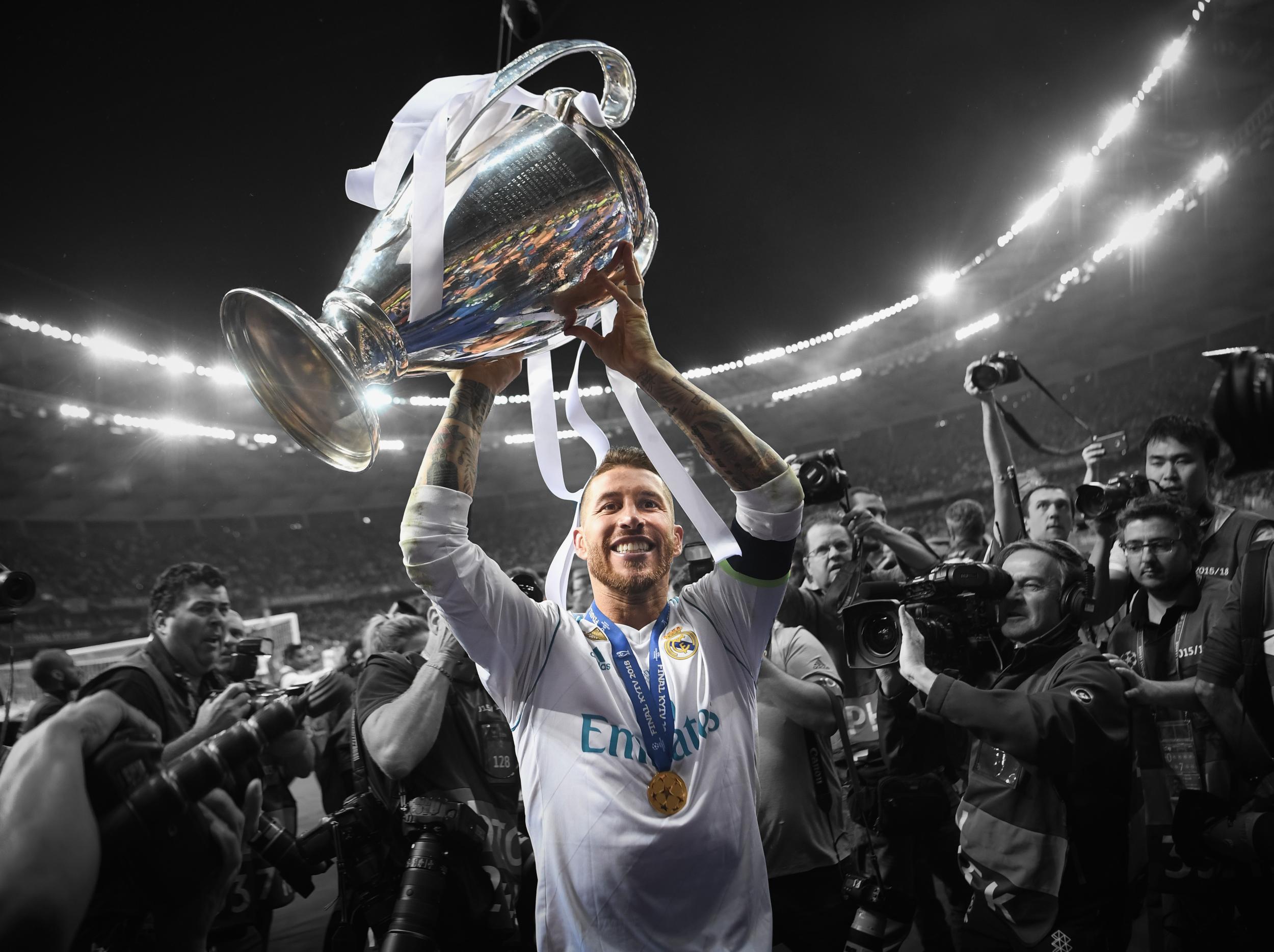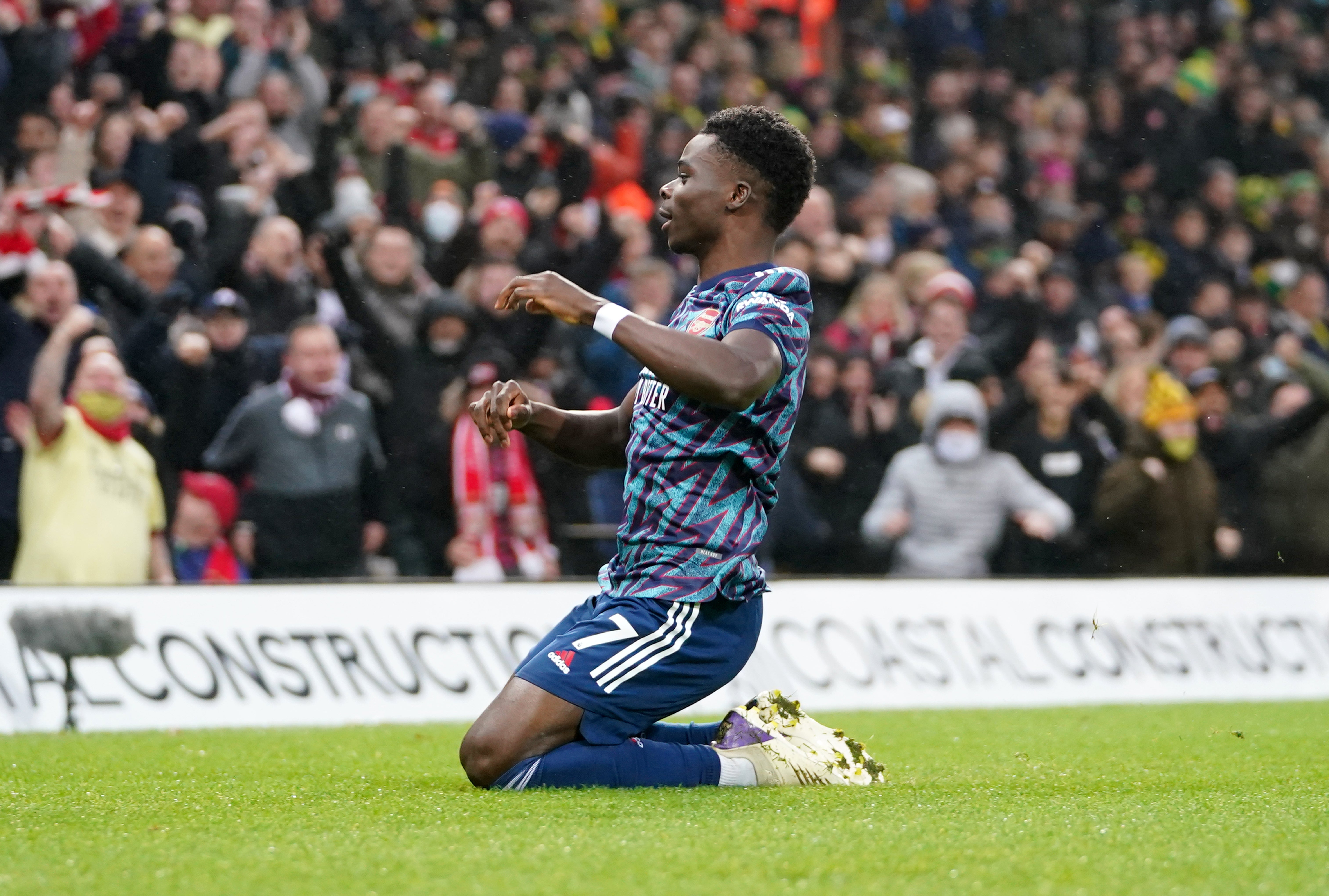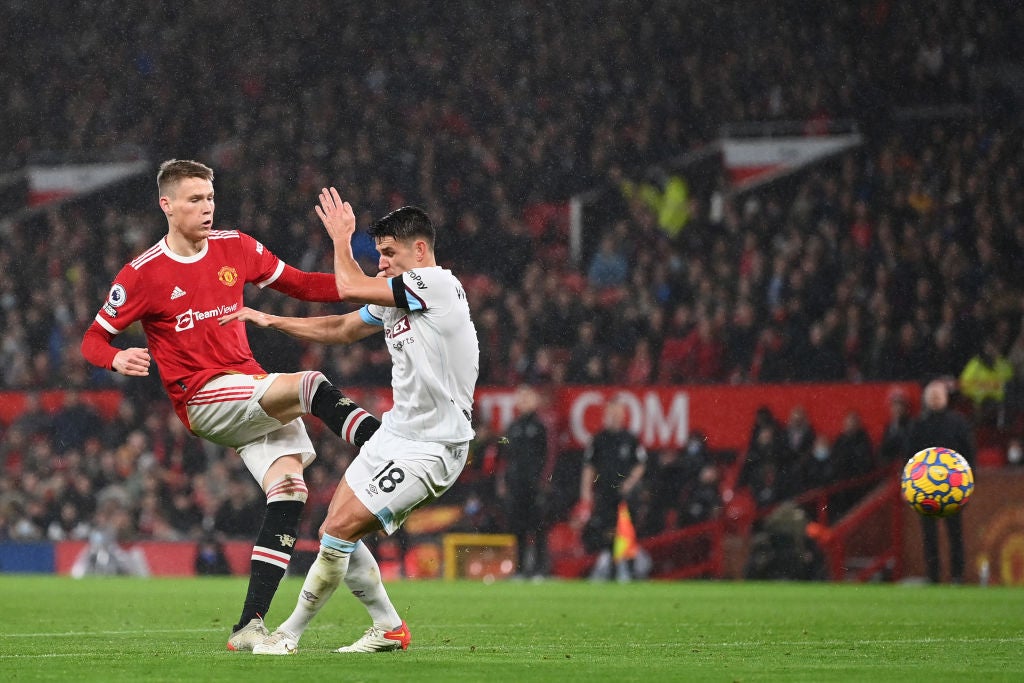What would a football utopia look like?
Miguel Delaney paints a vision of a utopian football world
It is often taken for granted, but occasionally worth stating that as a sport, football is virtually perfect – at least within the white lines. It was a game that was fortunate enough to almost stumble upon the optimum laws and layout very early. There’s a sufficient balance between freedom and order, between creativity and destruction. The preciousness of a goal has ensured it has the right amount of scoring to strike the perfect balance between satisfying reward for performance and exhilarating risk of surprises.
All of this, which is founded on the joyous liberation of just kicking a football, has made the sport by far the most popular in the world. It is that very popularity, however, that has created a multitude of problems off the pitch that now impinge on its perfection on it. Too much of the game’s immense wealth goes to too few places, greatly eroding competitive balance, and threatening the future of many clubs and even competitions. This is what led to the existential threat of the Super League.
Rather than dwell on such negatives, though, the start of a new year should offer an opportunity to look to something more hopeful; to something… utopian. What would need to be done for the structure of football to be as perfect as the playing of it? If we could start the sport from scratch, what would we do? What would a football utopia actually look like?
To answer this question, The Independent asked a number of figures from within and around the game. They included those willing to publicly comment, such as historian David Goldblatt, director of Fair Game and Dons Trust board member Niall Couper, football finance academic Dr Rob Wilson, as well as a series of sources speaking off the record including agents, club staff and football administrators.
Recommended
The discussions kept coming back to the same core question. Who, and what, is football actually for? That is actually quite easy to answer. It is firstly the simple playing of the game, in meaningful competition, as a representation of a community. That’s it. That is what arguably human history’s most popular cultural pursuit is founded on, and what it has spread from. Once you ensure that principle is preserved and protected, so many other problems – from the competitiveness of leagues to the structure of competitions and problematic owners – take care of themselves.
The problem is that hasn’t been the case. A largely unregulated game has generally left clubs to fend for themselves in a wider embrace of unfettered capitalism, the driving forces of which are directly contrary to sporting ideals and the concept of clubs as social institutions. This paradox is the central tension in football, that has led to a financial stretch with huge gaps emerging, and a lot of uncompetitive clubs, games and trophies.
As former FA chief executive Mark Palios has argued to The Independent, the goal of business is to kill competition indefinitely; the goal of sport is to revive competition every year. The two can never meet. So, as a transformative first step, clubs must be protected as products of their local community.
They should only be owned and run by those whose sole motivation is the health of the football club. There should be no parallel motives. That means supporter trusts or fan groups. It also precludes venture capitalists, billionaires, wealth funds, nation states or anyone looking for “financial growth” or political capital out of the game. At a stroke, that would eliminate all of the problematic discussions that come with these owner profiles, while ensuring there are no moral concerns about just supporting your club.
So, any football utopia would involve a German recognition that clubs have a cultural value beyond just winning and accumulating wealth – if not necessarily a direct German-style 50+1 system, despite many of its obvious strengths. This, accompanied by the right regulations such as transparent accounting and incentivised standards on issues like fan engagement, would secure clubs in their community. No one would be able to spend more than they earn. Core parts of identity like the name, badge and location would be protected. A club could only ever be as big as its fanbase, or how big that fanbase can organically grow.
Nation states would be precluded from owning football clubs in a ideal world
An obvious problem with this is what has actually happened in Germany, and how Bayern Munich have dwarfed everyone else. An obvious response is that a remedy is what starting from scratch allows. Examples could be taken from American sport without needing to necessarily go as far as a draft. Instead, the immense wealth that football earns could keep going back into the game, and be redistributed fairly.
The lowest-ranked clubs could receive the greater share of the broadcasting deals. Sponsorships could be shared, so no club ever earns too much. Ethically questionable sponsors, such as gambling or cryptocurrency firms, could be prohibited. More money could also be put into women’s teams, academies, infrastructure as well as community schemes such as local education and civic society involvement. This is all possible when the owners are singularly concerned with the health of the clubs, rather than just making more money. You wouldn’t get external forces looking to push Super Leagues because they wouldn’t be involved.
It also eliminates the need for more complicated structural regulations like salary caps, because there is just a greater financial parity. There could be constant checks that anchor everyone towards a competitive centre. The wider game would perpetually see replenishing reinvestment. It would also encourage the development of academy players, further fostering local connections. Ticket prices could be lower.
Couper, who is so well versed in all of this from his experiences in reviving AFC Wimbledon, explains the benefits. “All of these different elements come together to make football more sustainable in the long-term, while using the wealth at the top to make sure that every corner has the opportunity for a well-run community football club.”
Clubs could still seek to grow as teams, which is what it should be about, rather than constantly seeking to grow big as businesses. Empire-building managers like Jurgen Klopp or Pep Guardiola or Sir Alex Ferguson could still try to do that, but wouldn’t have to be as concerned by outside forces.
Some modern fans might well complain that would similarly preclude the construction of the current super-squads, like Lionel Messi’s Paris Saint-Germain, that bring a new scale of glamour and popularity. There is a fundamental misunderstanding there, though. Football is not more popular because of these modern teams. Football has always been immensely popular anyway. The history of the sport emphatically proves this. The popularity of the sport has instead led to these super squads, but only because there’s no regulation on where the immense wealth from that mass popularity goes. It accumulates in certain areas, creating a virtuous cycle for a decreasing pool of clubs. They buy better players, so enjoy more success, so become more commercially attractive, so they buy better players… and on and on. That is actually something that is eroding the “product” of football, rather than enhancing it.
The glamour of super-squads like PSG’s is not needed to make football more popular
Preserving clubs as community institutions smashes this. It spreads the wealth, and the stars. The talent would just be more evenly distributed, making more clubs more interesting. And this is ultimately much better for the sport.
Consider the Euro 2020 match between Croatia and Spain, or the last Champions League last-16 tie between Porto and Juventus, which were both among the best games of 2021. The drama and stakes mattered much more than the identity of the players on the pitch, all of whom also became more interesting because they were involved in such a contest.
Consider most of football history, pretty much up until the last decade. Dinamo Tbilisi or Dynamo Kyiv may not be teams most fans are bothered to watch anymore, but that wasn’t the case in 1981 or 1999, respectively. Since both clubs were able to keep talented groups together that bit longer, they sent a spark through Europe. Kyiv, in particular, were almost unmissable when they had Andriy Shevchenko and Sergiy Rebrov together. It added a colour and vitality to the Champions League way beyond the same cast of current clubs.
This can be the case across the game, and the continent – maybe even the world. If clubs are solely fan-owned enterprises, and federations like Uefa also introduced centralised redistribution models as well as regulations on homegrown players, it would hugely increase competitive balance in the sport. This was a point strongly emphasised by almost everyone consulted. “Competitive balance is key,” Dr Wilson says. “Getting it right benefits everyone in the pyramid.”
There would just be more mobility in the game. The big clubs could stay strong, but everyone from Preston North End right down to Northampton Town could harbour realistic ambitions of gradually rising up through the divisions and experiencing success, let alone the sport’s adrift middle class such as Everton and Aston Villa. This is what was meant by “meaningful competition”. Everyone would be afforded the opportunity to hope, in the way football should really be about.
From that, other structural problems would start to evaporate. The Champions League group stages would cease to be so predictable. There would be much more vitality and variety, which really are the lifeblood of competitive sport.
Champions League upsets like Porto’s victory over Juventus will become more common if wealth is distributed more evenly between clubs
“The compensation for economic modesty is a more diverse football culture,” Goldblatt argues. There is already an example of this in Swedish football. Through their own adaptation of German-style ownership rules, it is one of the few domestic leagues with proper competitive balance and internal mobility.
This would of course require another utopian ideal: that federations are themselves solely interested in safeguarding the sport, and collaboration to serve the wider game, rather than being in competition with each other. Again, the sport being treated as a sport, rather than an endless quest to create more money, conditions this.
The calendar would be streamlined, easing the stress on players. More of them could play more games at their top level, without being pushed to physical limits. More consideration could be given to environmental concerns.
This isn’t to preclude modern innovations, either. It now seems clear that the nature of a lot of international qualification, especially in Europe, is a relic from a previous age. This could be honed and improved, potentially allowing more Nations League-style competitions and – in short – more interesting international breaks. This would perhaps permit a more symmetrical 32-team European Championship, too, since qualification wouldn’t have to be so large.
Again, club regulations on homegrown players would similarly be to the benefit of national teams as well as national leagues, revitalising both.
The continental federations would also bring in proper ethical judgements on hosting major competitions. This could apply for everything from human rights concerns to a country’s ability to spend on sporting infrastructure without costing societal infrastructure. Through this, it would no longer be a case of Fifa, say, looking to use whatever country it requires to serve the World Cup – as has been the case with South Africa 2010 and Brazil 2014.
Recommended
It would instead be football as a force for good in the way it professes to be. The game could really use the huge leverage it has. Countries would have to greatly improve records to even be involved. “Sportswashing” could be made impossible.
The response to this utopia will no doubt be that it’s impossible to implement, of course. That isn’t the point. The point is about having a vision to strive towards. Football’s current reality is something that certainly shouldn’t be taken as a given. The beauty of the game deserves a better sport around it.
Registration is a free and easy way to support our truly independent journalism
By registering, you will also enjoy limited access to Premium articles, exclusive newsletters, commenting, and virtual events with our leading journalists
{{#verifyErrors}} {{message}} {{/verifyErrors}} {{^verifyErrors}} {{message}} {{/verifyErrors}}
Already have an account? sign in
By clicking ‘Register’ you confirm that your data has been entered correctly and you have read and agree to our Terms of use, Cookie policy and Privacy notice.
This site is protected by reCAPTCHA and the Google Privacy policy and Terms of service apply.
Source: Read Full Article







